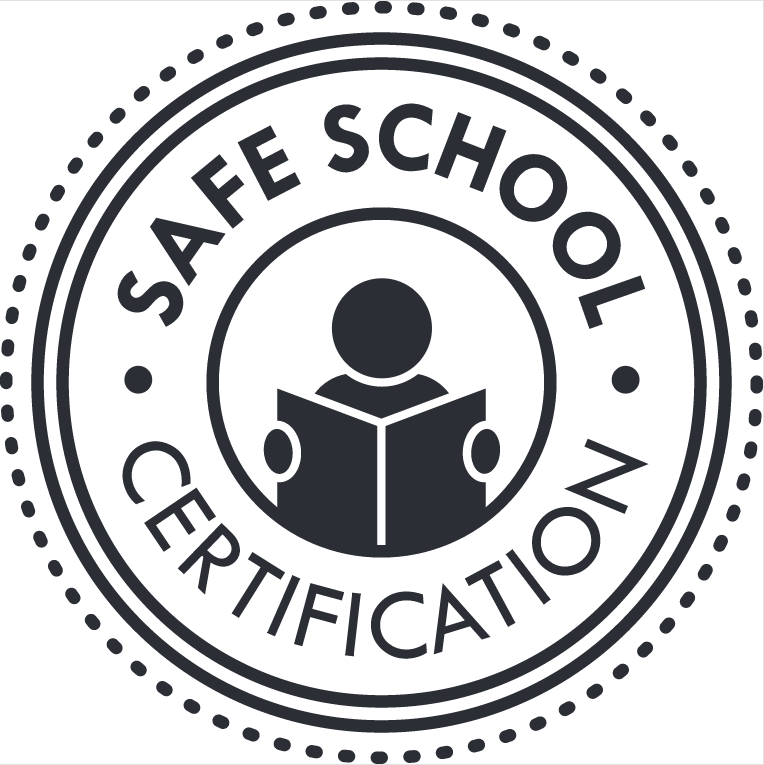(WASHINGTON, D.C.) – The youth-research organization Child Trends, the District of Columbia Office of Human Rights (OHR), and the Office of the State Superintendent of Education (OSSE) today announced they will receive a $3.8 million grant from the National Institute of Justice (NIJ) to focus on school climate and bullying prevention in District schools through implementation of the Safe School Certification Program (SSCP).
Thirty-six public and public charter schools will be recruited to participate in a randomized control evaluation of the SSCP. Schools in the intervention condition will receive expert support and technical assistance in using student and teacher input to identify needs, identifying and implementing strategies to improve climate and prevent bullying, and using data to assess effectiveness of the strategies. Schools participating in the three-year program will be announced next year, and will begin the program in the 2016 – 2017 school-year.
“The District of Columbia has made significant strides in its efforts to improve school climate and prevent bullying, and this grant allows us to expand these efforts to make a real and positive impact on District youth,” said Dr. Deborah Temkin, Program Area Director for Education for Child Trends and Principal Investigator for the grant. “Participating schools will use a research-informed approach that is tailored to the needs of each school, so the strategies are both effective and sustainable.”
The SSCP is a technical assistance model that certifies schools after they demonstrate efforts on each of eight key components of school climate. Schools will additionally have the ability to apply for sub-grants from OSSE to help support implementation of evidence-based programs. SSCP’s framework is strongly rooted in school climate and bullying prevention research, and it has been successfully implemented in other jurisdictions.
“Best practices and research will guide the technical assistance provided to schools, however District youth-serving agencies will be regularly consulted to ensure the assistance is relevant for the communities and youth it serves,” said Suzanne Greenfield, Director of the Citywide Youth Bullying Prevention Program at OHR. “Our existing Citywide Youth Bullying Prevention Task Force will play a key role in monitoring the progress of schools, and will continue to provide advice and assistance to District schools that do not participate in this program.”
In 2013 the Citywide Youth Bullying Prevention Task Force released a Youth Bullying Prevention Model Policy to guide schools and youth-serving District agencies and grantees in adopting anti-bullying policies. Since then, all public schools and nearly all public charter schools have anti-bullying policies that comply with District law.
“When we create and foster safe school environments, our students can focus on learning the skills needed to prepare them for success in college, career and life," State Superintendent of Education Hanseul Kang said. "Through our collaboration with District government and nonprofit agencies to implement and evaluate the Safe School Certification Program, we are providing critical support to District schools in establishing positive school climates in which all students can thrive.”
###
About Child Trends
Child Trends is the nation’s leading nonprofit research organization focused exclusively on improving the lives and prospects of children, youth, and their families. For 36 years, decision makers have relied on our rigorous research, unbiased analyses, and clear communications to improve public policies and interventions that serve children and families. We have more than 120 staff in three offices and multiple locations around the country, including our headquarters in Bethesda, Md.
About the District of Columbia Office of Human Rights
The District of Columbia Office of Human Rights (OHR) was established to eradicate discrimination, increase equal opportunity and protect human rights for persons who live in or visit the District of Columbia. The agency enforces local and federal human rights laws, including the DC Human Rights Act, by providing a legal process to those who believe they have been discriminated against. OHR also proactively enforces human rights in the District through Director’s Inquiries, which allow it to identify and investigate practices and policies that may be discriminatory.
About the Office of the State Superintendent of Education
The Office of the State Superintendent of Education (OSSE) serves as the state education agency for the District of Columbia and works with closely with the District's traditional and public charter schools to raise the quality of education for all DC residents.
